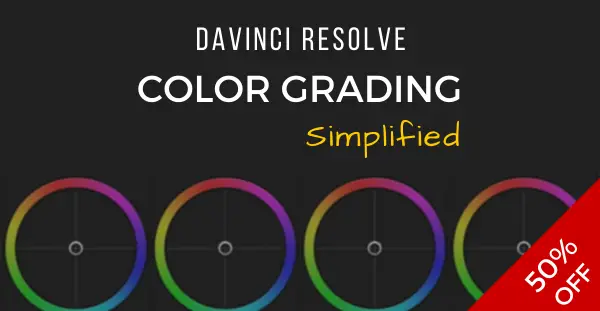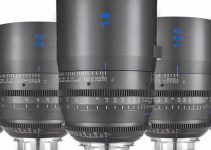Many times, using a boom mic to capture the highest possible dialogue sound quality when recording your talents in a wide shot could be your best option. The obvious challenge, however, is finding an efficient way to hide the boom mic in your frame.
If you can’t dig up a practical solution, you can still hide the shotgun in post, especially when you need do deal with a static shot. In the video tutorial below, Curtis Judd showcases an easy technique to composite the microphone out for the final shot by using only the built-in capabilities of Premiere Pro CC. Keep in mind that if you’re using an earlier version of Premiere Pro, you can still get the same result by using a Garbage Matte effect instead.
So, here is the simplest way to achieve the effect flawlessly. Right after you wrap up the shot, move the mic out of the frame and capture another video that later will cover the original clip. It’s important to keep your whole setup intact while recording the plate footage to get seamless results. Make sure that your talent is also in the same position as every change of the objects in your frame might cause potential mismatches mainly due to possible light variations when masking out the shotgun mic later in post.
Once you’ve got the clips all, set and imported in Premiere Pro CC, drop the plate on top of your main clip. Now you need to mask out the microphone setup in the frame so that it becomes invisible for the viewers. Navigate to the Opacity panel of the plate clip, choose the Pen tool and draw a free-form mask around your talent.
This way you’ll be able to keep only this part of the plate where the shotgun mic is not visible while still showing the rest of the original video. A helpful tip is to scrub over your clip to see if your talent wouldn’t be cut off accidentally at some point by the mask you just drew.
Furthermore, you can tweak the Mask Feather to smooth out the edges of your mask and make it blend seamlessly with the original video underneath. As mentioned earlier, if you aren’t using the latest version of Premiere Pro, you can do the exact same thing utilising a Garbage Matte effect instead. The only difference is that the Opacity of the clip gives you a few more options such as feathering the edge of the mask/matte to make the effect even smoother.
Ultimately, if you’d like to improve your sound recording skills for film, make sure you have a look at the excellent Sound Recording for Video course produced by Curtis Judd over at http://school.learnlightandsound.com
[source: Curtis Judd]
Disclaimer: As an Amazon Associate partner and participant in B&H and Adorama Affiliate programmes, we earn a small comission from each purchase made through the affiliate links listed above at no additional cost to you.
Claim your copy of DAVINCI RESOLVE - SIMPLIFIED COURSE with 50% off! Get Instant Access!




Thanks for the share!
Glad you found it useful
A good article, thanks!
Cheers mate